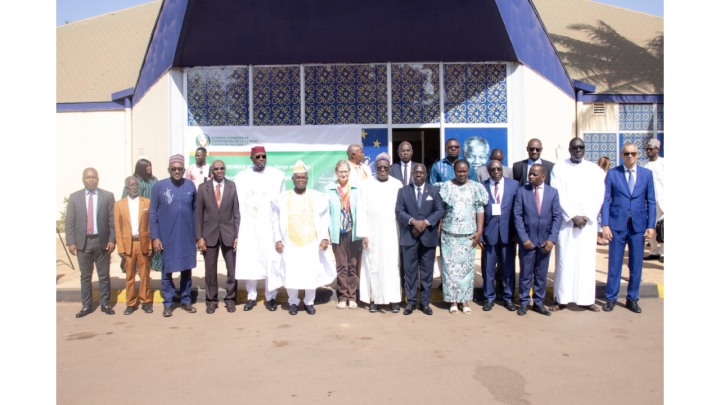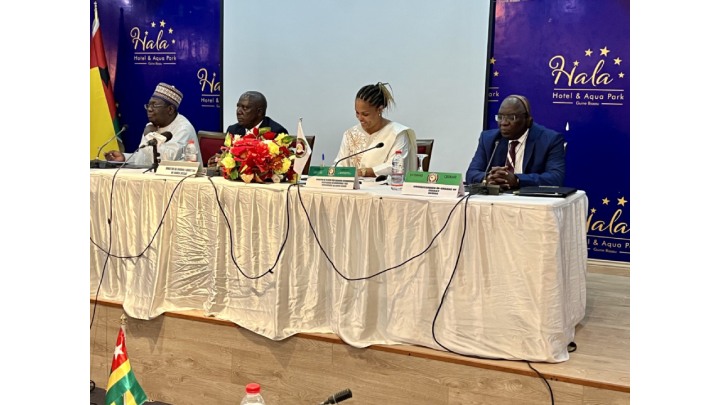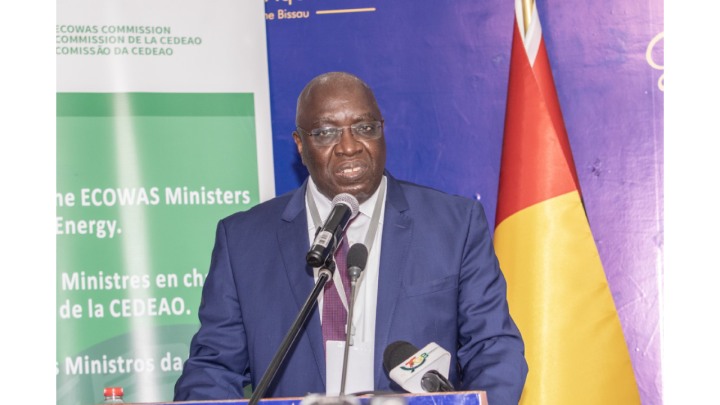Guinea-Bissau: ECOWAS Energy Ministers adopt Green Hydrogen policy
A meeting of energy ministers took place on March 24th in Bissau, Guinea-Bissau, which resulted in new developments for energy policies in the country of which: adoption of the updated Energy Policy of the Economic Community of West African States (ECOWAS), approval of the Regional Electricity Code and the ECOWAS Green Hydrogen Policy.
The ECOWAS Green Hydrogen Policy aims to position the ECOWAS region as one of the most competitive producers and suppliers of Green Hydrogen and its derivatives, while contributing to the socio-economic growth and sustainable development of all ECOWAS Member States.
Madeleine Onclin, Head of Cooperation of the European Delegation in the Republic of Guinea-Bissau, pointed out that the European Union has supported ECOWAS with thirty-two million euros (€32,000,000) to support the implementation of the Programme for the Enhancement of Energy Performance in West Africa (AGoSE-AO).
"The EU will continue to support West African states in accessing clean and sustainable energy," he added.
Also on the agenda was the presentation of the state of implementation of the regional electricity market, the state of compliance of Member States with the Directive on security of cross-border trade in electricity under the regional electricity market, the ECREEE Strategic Plan 2023-2027, the West African Gas Pipeline project and discussion on the importance of natural gas as a transition fuel.
Paul Koffi Koffi, Commissioner for Business Development, Mines, Energy and Digital Economy of the West African Economic Monetary Union (WAEMU) Commission, noted that the WAEMU has adopted the CAP 2025 Strategy which aims to develop energy hubs in its area and that a roundtable will be organised at the end of 2023 to mobilise some USD 10 billion to support this strategy.
While highlighting the role of energy as a driver of socio-economic development, Sédiko Douka, Commissioner for Infrastructure, Energy and Digitalisation at the ECOWAS Commission, highlighted the critical access to energy challenges that ECOWAS is facing, which currently stands at only 53%.
According to Commissioner Douka, ECOWAS is developing a vast electricity access programme through two large regional projects of over USD 1 billion with funding from the World Bank (ECOREAP, BEST, ROGEAP).
This ministerial meeting was preceded by a meeting of energy experts that also took place in Bissau on 22-23 March. The meeting also launched the ECOWAS Energy Information System (EIS-ECOWAS), a platform that provides data and information for better planning, design and monitoring of energy sector strategies and policies.
Source © ECOWAS



